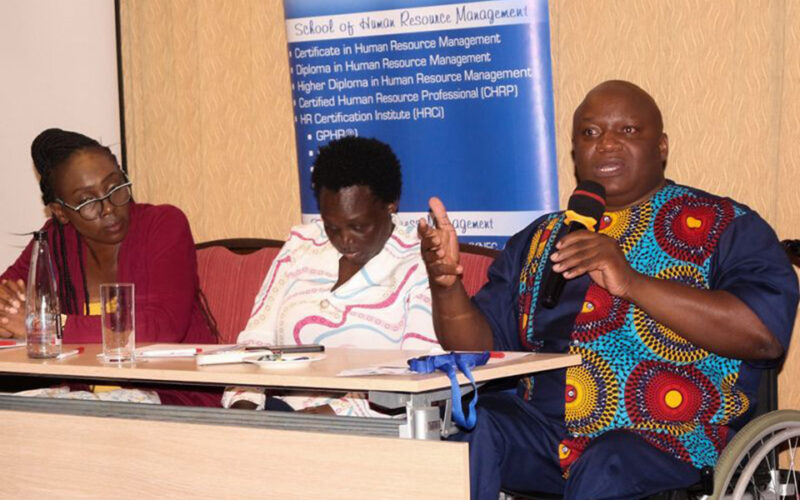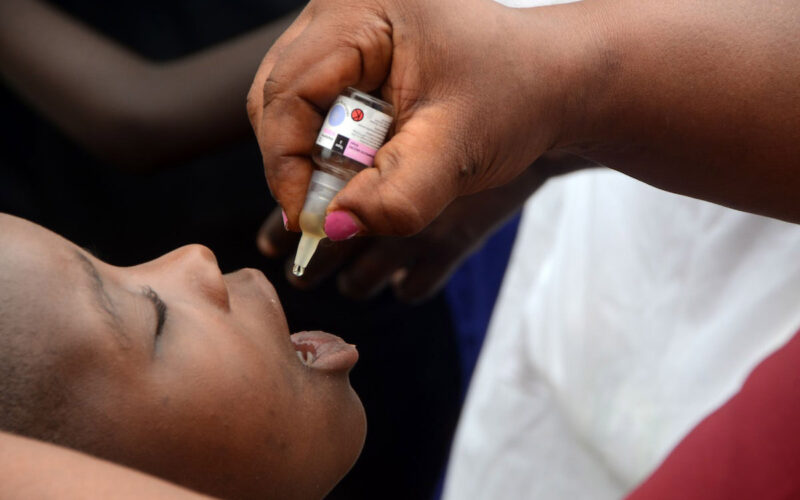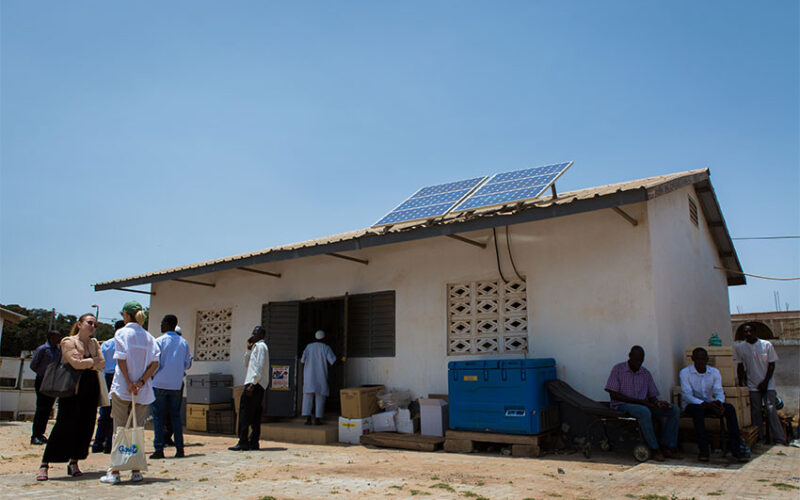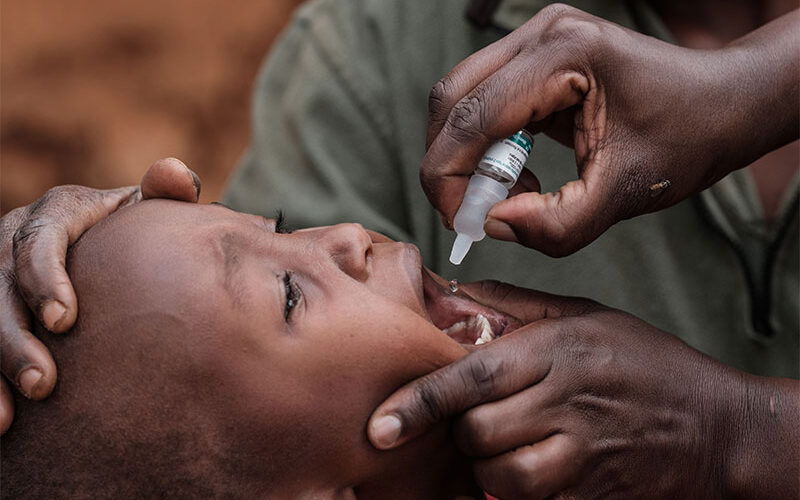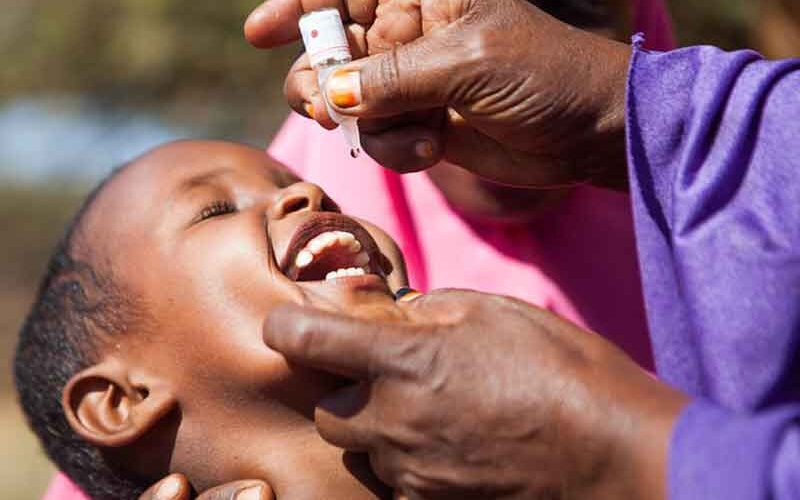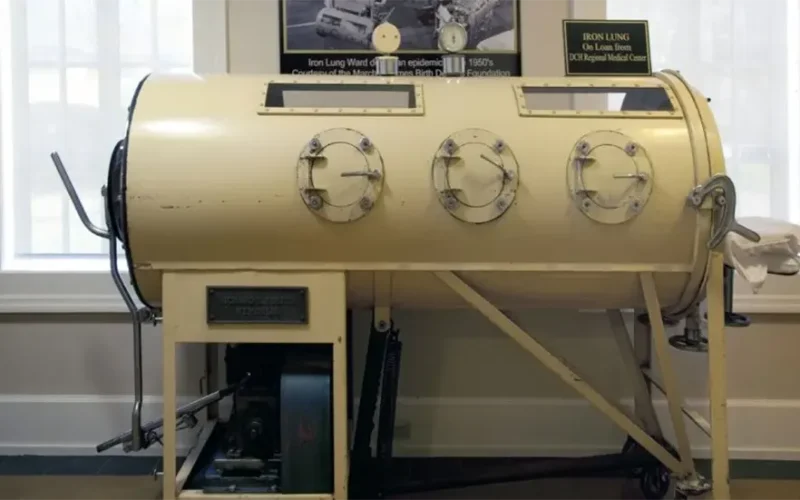
Texas man who lived seven decades in iron lung dies at age 78
A paralyzed Texas man who lived 70 years inside an iron lung after he survived polio as a child has died, his family said. Paul Alexander, 78, died on Monday, his brother Philip said in a post on Facebook. He gave no cause of death. "It was an honour to be part of someone's life who was as admired as he was. He touched and inspired millions of people and that is no exaggeration," Philip Alexander wrote in a post on Tuesday. Alexander was six years old when he was placed in a full-body metal cylinder known as an iron…

